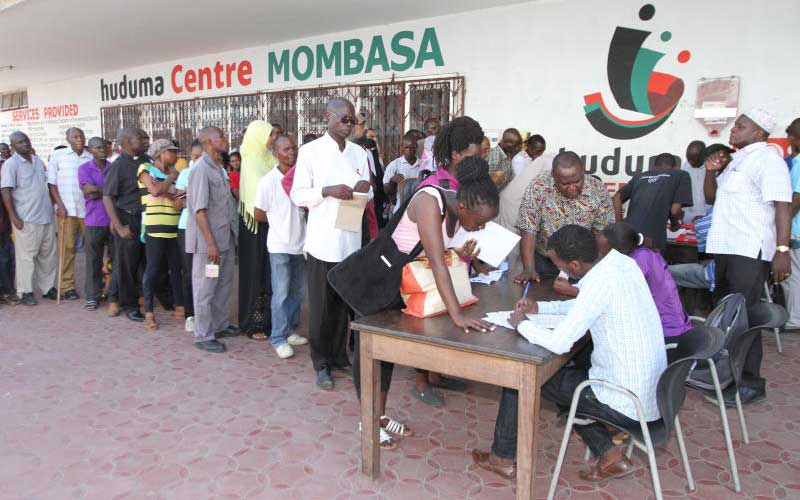×
The Standard e-Paper
Join Thousands Daily

The government last week launched the controversial Huduma Namba mass registration programme across the country with leaders making several claims exhorting the importance of the new registration process.
Principal Secretary in the Ministry of Interior Karanja Kibicho said Kenyans will be registered at any station irrespective of their respective place of birth in a bid to end tribalism and negative ethnicity.